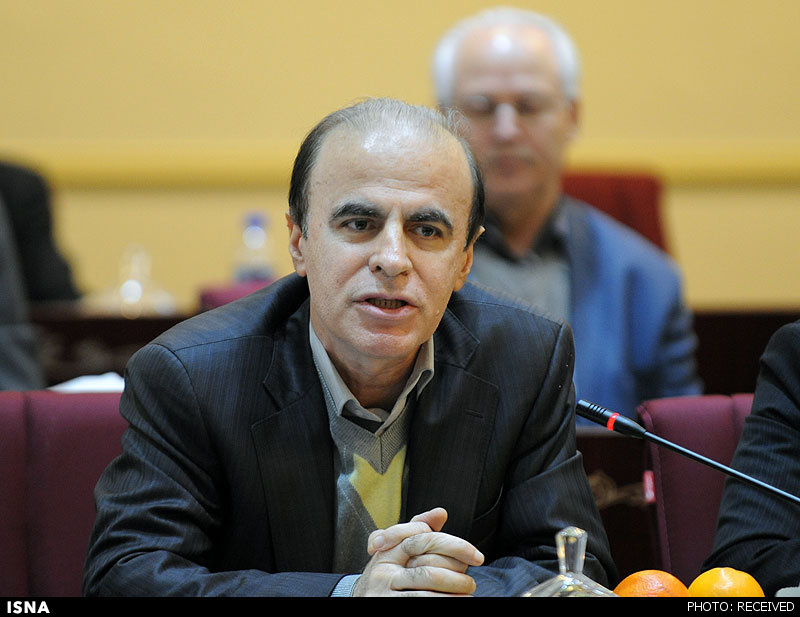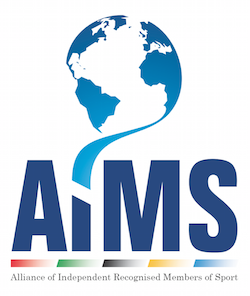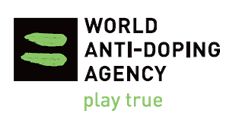Nowadays, nations who are more developed & successful in Sports Medicine sciences fields will be able to acquire more medals in world, international and Olympic competitions. One of the best ways to success in sports sciences is making culture & continual education of athletes & coaches which will be caused to preservation athlete’s health through using last findings.
Education in doping field, permissible & non-permissible supplements, prevention of sports injuries, physiotherapy, massage, sports psychology and essential nutrition are very important & this fact will be feasible by printing & publishing educational books & brochures also by face to face education & holding courses, professional workshops in all age groups for all sports fields & finally for public health through sports for all in sports clubs, parks & other social sites.
WHAT’S DOPING?
Doping is derived from the word `Dope’. It roots in a kind of stimulating alcoholic beverage in the 18th century used in South African Zulu warriors’ feasts. It stimulated mind and produced more energy, enabling one to dance and hold vigil. From the standpoint of the International Olympics Committee (IOC), doping is: Prescribing or using any external sub- stance or any kind of physiological material in irregular doses or through unnatural usages by the athlete taking part in competitions with a monopolistic goal of raising efficiency and performance in competitions in an artificial way.
History of doping
Doping should be traced in Greece in 2000 BC. Those times, athletes in various sports branches used a kind of mushroom full of protein to get energy.
The first instance of death was observed in 1886 when a cyclist had excessive dosage of 3-Methyl for doping purpose.
Doping was for the first time legally and tentative officially registered in 1910; when, doping medications, including alkaloids, were discovered in salvia of a racehorse and was investigated.
In the Olympic sports too, the Russian athletes were for the first ever suspected of using Steroids in the 1952 Winter Olympics of Oslo, as was proved through related tests. Also in the Rome 1960 Olympic Games several athletes, including Danish cyclist Kurt and Martin Jensen, lost their lives due to doping.
In the World War II some soldiers and pilots of Germany and certain other countries used such stimulant drugs as amphetamines to get aggressive and violent moods and gain more energy for war and fighting purposes.
SIDE EFFECTS OF USING DOPING DRUGS
- Side effects of using Testosterone: Liver cancer and liver toxicity, short stature, abnormal sexual desire, mental depression, dizziness, asthma, confusion, nitrogen, sodium and water retention and increased blood calcium, coarseness voice in women and unusual hair growth.
- Side effects of using Nandrolone: Prostatic enlargement, short stature, suppression of spermatogenesis, increased frequency of erection.
- Side effects of using ethylestrenol: Hepatic cancer, testicular atrophy and suppression of spermatogenesis in males, vomiting, development of acne, menstrual disturbances and virilization, such as coarseness of voice.
- Side effects of amphetamines: Constipation; diarrhea; dizziness; dry mouth; head-ache; loss of appetite; nausea; nervousness; restlessness; stomach pain or upset; trouble sleeping; unpleasant taste; vomiting; weakness; weight loss.
- Side effects of cocaine overdose: Seizures or convulsion, troubled breathing (hyperventilation), fast or irregular heartbeat, chronic pain in the chest and coughing, numb- ness or tingling in the hands, feet, or arms, hallucination, mood swings or other mental changes.
- Side effects of caffeine overdose: Severe or persistent nausea or vomiting, head-ache, insomnia, blurred vision, temporary fast or slow heartbeat, stomach ulcers, vomiting, numbness or tingling of the hands, feet, or skin, and irregular heartbeat.
WHY DOPING?
Winning championship title and colorful medals has always been among age-old wishes of sportspersons. To achieve this line for some sportspersons, it is not at all important at what cost the medals are gained and at what cost does the flag of their country is hoisted and again due to doping of the national player of the country the title is removed and the shame is thus going on the athlete and the nation. Based on several statistical reviews inside and outside the country, first of all, that’s the athlete who is responsible for the issue. The idea of winning the championship stand has become so strong in the athlete’s mind that has minimized the power of decision making and planning for the future. The only thing he thinks about is championship and gaining medals.
Dr. Lotfali Pourkazemi (Iran)
Vice Presidents of FISav Anti-Doping Commission
President of ASC Anti-Doping & Medical Commission
President of Sports Medicine Federation & Medical Commission of Iran NOC






